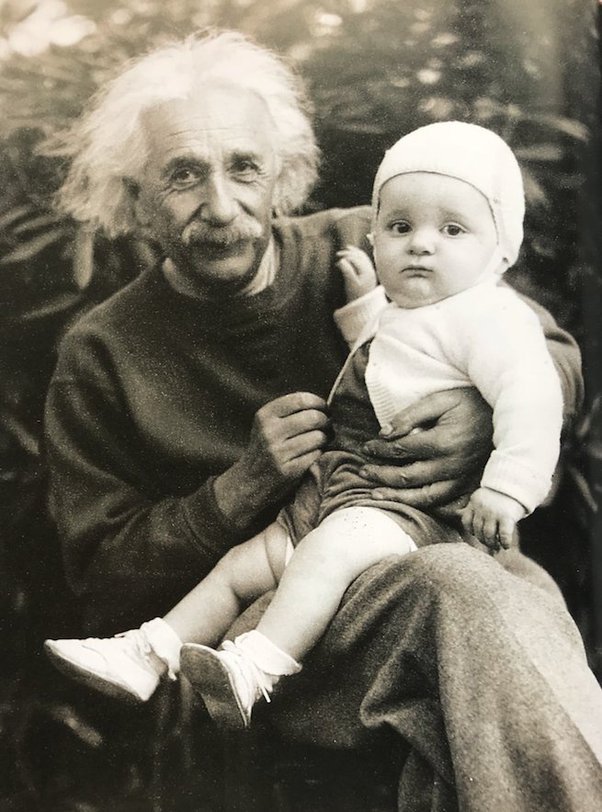During Albert Einstein’s remarkable year in 1905, when he wrote five groundbreaking papers that would eventually make him famous worldwide, he was married to Mileva. What many people don’t know is that Mileva played a significant role in his work. She collaborated with him, and some of the notes and correspondence related to his theories were written in her handwriting. Late nights were spent talking and working together, and she probably contributed to the development of these groundbreaking theories.
However, as Einstein’s fame and opportunities grew, so did his ego. He conveniently began to overlook Mileva’s contributions and desired to silence her. He even threatened her in a letter after their divorce, warning her not to speak about her role because she would not be believed and would face ridicule. This desire to suppress her only intensified over time.

Eventually, Einstein started an affair with his first cousin, Elsa, and they got married, leaving Mileva and their two sons behind. Mileva faced numerous challenges, including taking care of a mentally ill son. Though Einstein fulfilled his promise to give her the interest from his Nobel Peace Prize, he did not trust her with the entire prize money. It appears that Mileva made little academic progress in physics after Einstein turned away from her, despite her talent and dedication. Additionally, she was denied a doctorate due to the misogynistic establishment of the time.
In a letter to Elsa, Einstein claimed that Mileva was humorless and that they no longer slept together. These statements resemble what a cheating husband might say to his mistress, blaming his wife for making his life unbearable. Perhaps Mileva had valid complaints about how Einstein treated her and pleaded with him to remember their shared experiences.
Mileva’s story is tragic and serves as a cautionary tale for those who believe sacrificing themselves for a narcissistic or misogynistic partner will ensure love and respect. Einstein’s second wife acted as a gatekeeper, protecting him from overwhelming attention, but he repaid her with consistent infidelity.
Einstein’s contributions to science have undoubtedly secured his place in history. However, like many geniuses, he had significant flaws and mistreated those who loved him. The evidence strongly suggests that Einstein was indeed unkind to his first wife.
